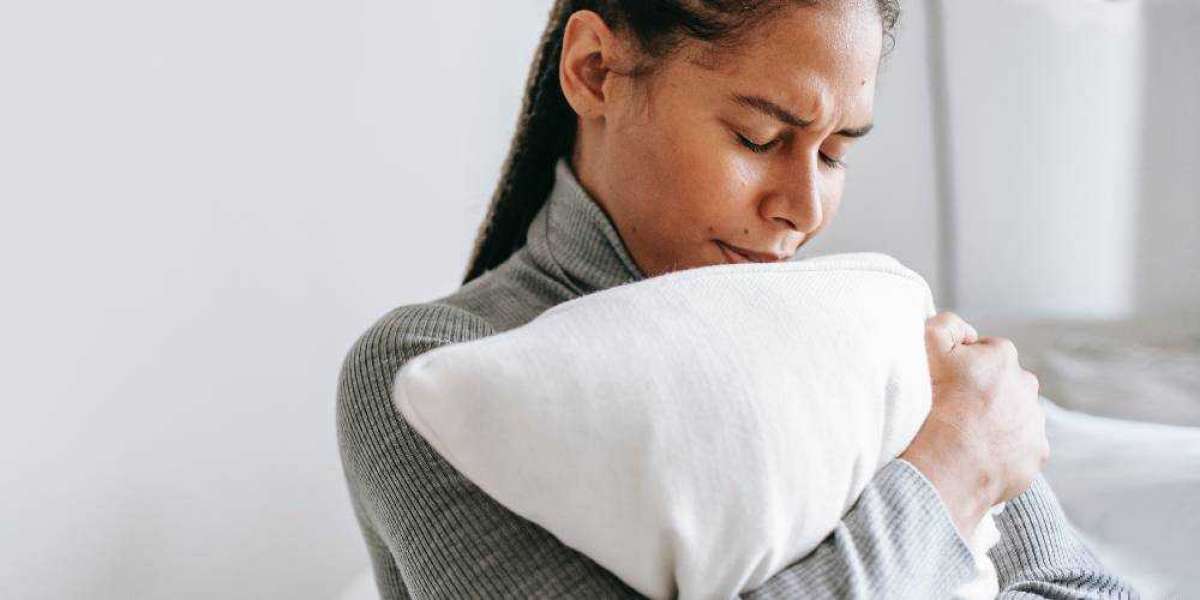Whether you're suffering from chronic anxiety or you're in a stressful period of life, there are several treatment options available to you. Among these are lifestyle changes, psychological therapy, and medication. You'll want to learn about each of these approaches so that you can make an informed decision about which route is right for you.
Exercise
Exercise has been found to be a helpful treatment for anxiety, especially when combined with other treatments such as occupational therapy. Studies have shown that aerobic exercise is the best way to reduce anxiety symptoms.
Anxiety disorders are a widespread affliction. It is estimated that about 18 percent of the adult population suffers from anxiety. Antidepressant medications are commonly prescribed for these disorders. While these drugs are effective, they may have side effects. Many patients are reluctant to take such drugs because of the potential side effects.
As an alternative approach to medication, exercise has shown promise as a treatment for anxiety. However, it is important to consider the ramifications of implementing an exercise program for mental health.
There are many types of exercise to choose from. Some studies show that high intensity training is the most effective. Although some people may have difficulty getting started, exercise can improve the quality of life for those with anxiety disorders.
Psychological therapy
Psychological therapy for anxiety treatment involves the use of strategies and tools to help people cope with their anxiety. It is an important part of the treatment process, and can have a significant impact on an individual's quality of life.
Typical treatments include cognitive behavioral therapy, or CBT, and exposure therapy. Each aims to improve the quality of life for patients by giving them the skills and confidence to deal with their anxiety.
Medication can also be used in the treatment of an anxiety disorder. Antidepressants and benzodiazepine tranquilizers can be prescribed for severe cases.
Therapy can be a bit daunting. If you are not sure which type of therapy will be the best for you, talk to your doctor. A psychologist or psychiatrist may be able to offer you a diagnosis and a treatment plan.
Medication
If you have been diagnosed with an anxiety disorder, you may have been prescribed medication to help control your symptoms. Anti-anxiety medications are often used alongside talk therapy to treat the problem in a long-term manner.
Anxiety is a condition that affects millions of people in the U.S., and many of these people are not diagnosed. It is also the most common psychiatric disorder. A person who suffers from anxiety can be unable to function in daily life.
There are a few different kinds of anti-anxiety medications, including benzodiazepines, sedatives, and antidepressants. Before you take a medication, make sure you discuss its benefits and risks with your doctor.
Benzodiazepines are the most commonly prescribed type of anti-anxiety medication. They work by reducing anxiety symptoms and making it easier for you to sleep. However, benzodiazepines are not recommended for routine use. You should only take these drugs when you need them, such as during a medical procedure.
Lifestyle changes
If you are suffering from anxiety, you need to make lifestyle changes. This may include changes to your diet, exercise, sleep and other daily activities. These changes can reduce anxiety and improve your overall health. However, it is not guaranteed that you will eliminate all of your symptoms. Besides, you may need medication, therapy, or counseling.
A healthy diet is crucial for your mental and physical health. You should avoid foods that trigger anxiety. Some of these include caffeine and nicotine. Also, you should limit your alcohol intake.
Exercise has also been shown to reduce anxiety. In addition, you can benefit from meditation. Meditation is known to reduce stress and improve cognitive function. Several studies have been conducted on the effects of meditation.
Other things you can do include avoiding drugs and drinking alcohol. Avoiding tobacco products can also help ease anxiety.
Natural remedies
There are many natural remedies for anxiety treatment. This includes aromatherapy, meditation, diet, exercise, and sleep. These can all help reduce anxiety and improve the quality of your life. However, not all of these remedies are right for you. Your health care provider should determine what is best for you.
Aromatherapy uses essential oils from flowers to help calm the mind and body. You can apply the oils to your skin or use them through the smell of the oils. Some of these oils may have anxiety-specific properties, such as lavender, clary sage, and bergamot.
Chamomile is a common herb that can help you cope with anxiousness. It is also known to reduce inflammation and muscle tension.
Ashwagandha is another natural remedy for anxiety. This plant has been used for thousands of years to relieve stress and promote wellness. The herb can be taken as a supplement or ingested in tea form.



